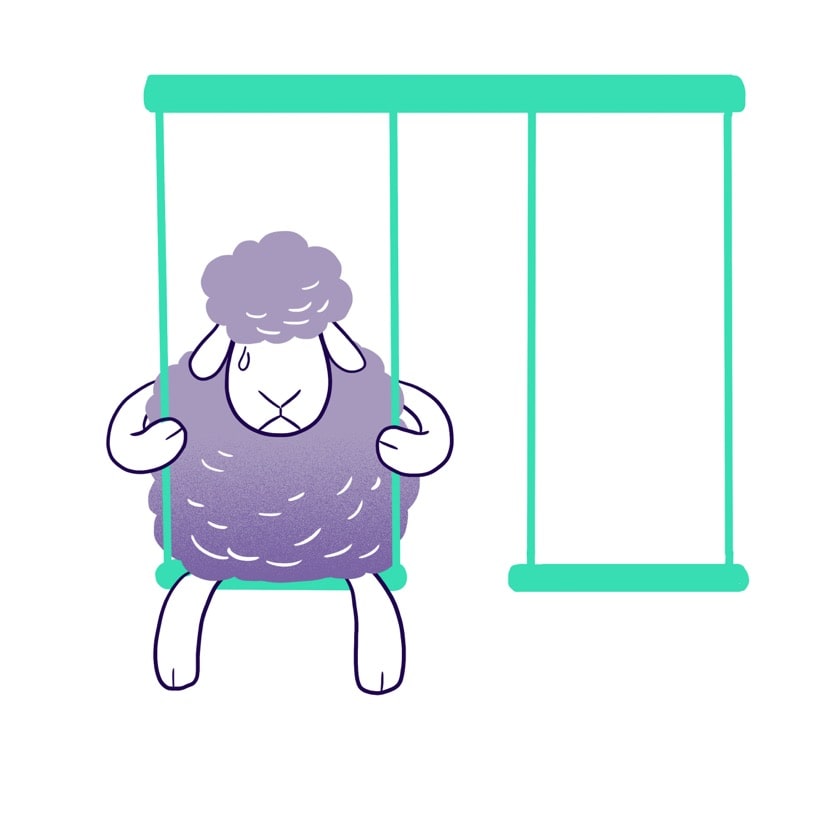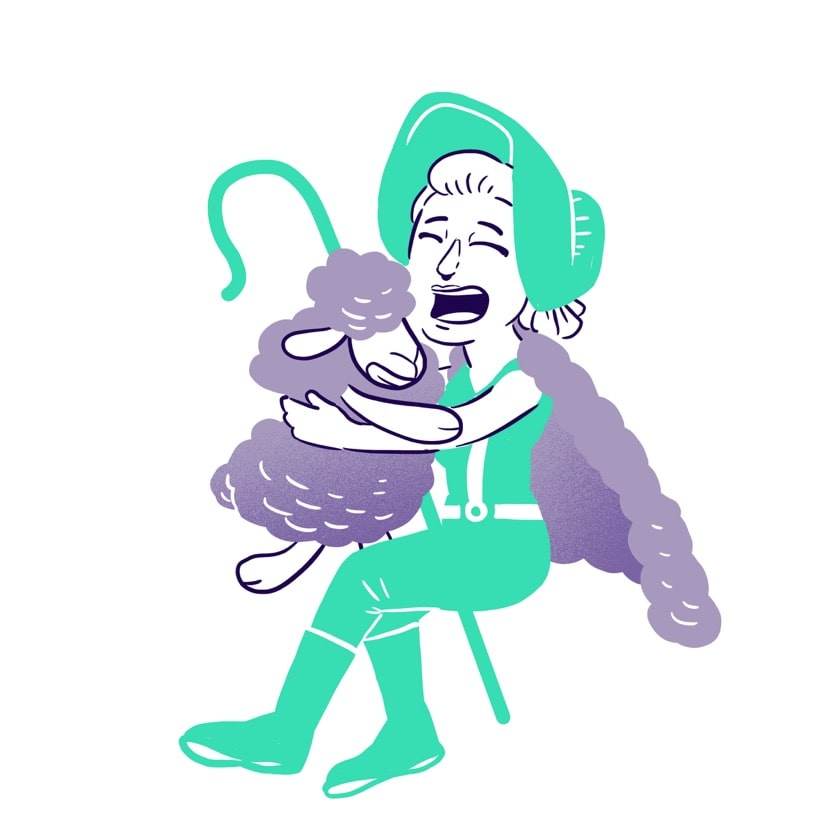Alone with insomnia: what is the impact of solitude on our sleep?
Solitude, that strange sensation that we still struggle to grasp. To be honest, it might even be solitude that apprehends us, or even kidnaps us, sometimes in the middle of the night. And suddenly, we feel much less alone in the company of “madam insomnia” to get through the night! But then, is insomnia really a consequence of solitude? What relationship can be established between the feeling of solitude and loss of sleep?
On the menu of solitude tonight: a little extra insomnia!
What do we know about the effects of solitude on the psyche, and more specifically on the sleep mechanism? In reality, some uncertainty still remains about the interactions between the two: we know that solitude is linked to sleep disorders, but it is still difficult to clearly identify the workings between them! Nevertheless, it is observed that the isolation of a person can directly affect the quality of their sleep. Indeed, a study conducted by King’s College1 in London in 2017 reveals that among a sample of 2232 young adults (aged 18 to 19), those who reported feeling “lonely” or “very lonely” (nearly 30% of them) had a 24% higher chance of experiencing sleep disorders. This study, reported by the very reputable Psychological Medicine2, concludes that “solitude is strongly associated with poor sleep quality in young people, highlighting the importance of early interventions to mitigate the long-term outcomes of solitude.”

However, it should be noted that for this study the feeling of solitude (social or emotional) is not the only cause of insomnia.
Indeed, other factors besides solitude itself add to or even worsen these sleep disorders: “One proposed reason for restless sleep in lonely people is the possibility that they feel less safe.” This feeling of insecurity mainly (70%) comes from violence experienced by the study subjects. Moreover, a study conducted in the United States (in Dakota)3 could not clearly establish a direct link between solitude and insomnia even though most subjects suffered from “fragmented sleep.” This study was conducted on 95 isolated people in rural areas who reported feeling lonely.
There is therefore a link between solitude and insomnia, a link that gives our scientists a hard time and wishes to remain anonymous, hidden in the shadows of our nights. Surely a loner! In any case, there are indeed some effects of solitude that impact sleep quality.
Sheep looking for shepherd for the night, urgent!
Well, don’t worry, this is not a job offer for a possible career change to shepherd! Let’s just say that a fairly logical link (the famous mysterious and solitary link?) can be established between the feeling of solitude created by social or emotional isolation and having disturbed nights, to the point of resorting to counting sheep. This nocturnal shepherd activity has no proven effectiveness for falling asleep; on the contrary, it tends to stimulate your brain and thus delay your falling asleep. Anyway, back to our sheep! Solitude and isolation tend to create a feeling of insecurity in individuals, as highlighted in some studies, such as the one conducted in Dakota4: “The social nature of humans may partly manifest in our dependence on feeling safe in our social environment to sleep well.” The feeling of insecurity keeps one awake or wakes one up; it is a preservation mechanism set up by the human mind. And this can turn into a vicious circle.

Indeed, what better way to pass the time, besides counting sheep of course, than to occupy oneself with the television, computer, tablet, or smartphone? We stay awake, postponing bedtime as much as possible to avoid being alone in that fateful moment. The circadian rhythm, that is our biological clock, is disturbed. We no longer sleep at night but take naps during the day because it is more reassuring, unconsciously. And the next night, again, we think, stay awake, and cannot find sleep. We can carry our solitude late into the night by trying to fight it through social networks or by watching a good movie.
We cannot be definitive about the cause-and-effect link between solitude and insomnia, but it does appear, according to some studies, that solitary individuals have a greater propensity for sleep disorders. Our current lifestyle5 may not be unrelated. Are we heading towards a resurgence of vocations for the nocturnal shepherd profession? Maybe we feel less alone with these kind companions!
Sources :
[1] Loneliness in young adults linked to poor sleep quality, Matthews T. et al, “Sleeping with one eye open: loneliness and sleep quality in young adults Psychological Medicine”, 2017 [2] Sleeping with one eye open: loneliness and sleep quality in young adults, Matthews T. et al, site “Cambridge University Press”, 2017 [3]et [4] Loneliness Is Associated with Sleep Fragmentation in a Communal Society, Lianne M. Kurina, Kristen L. Knutson et al, site “Sleep”, November 2011 [5] Les solitudes en France, site “Fondation de France”, 2016
